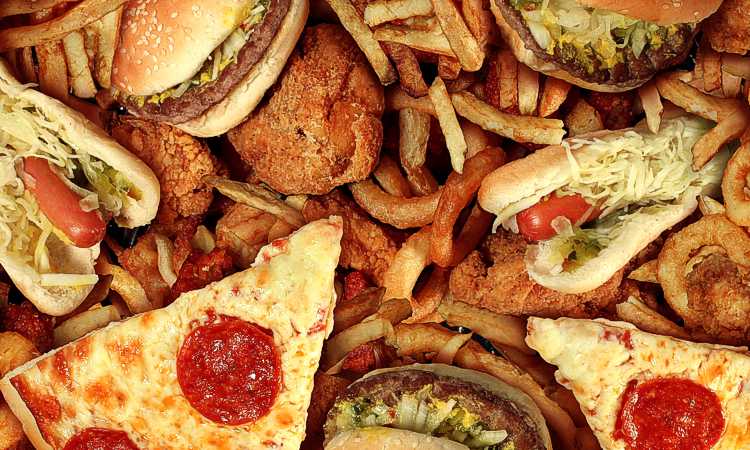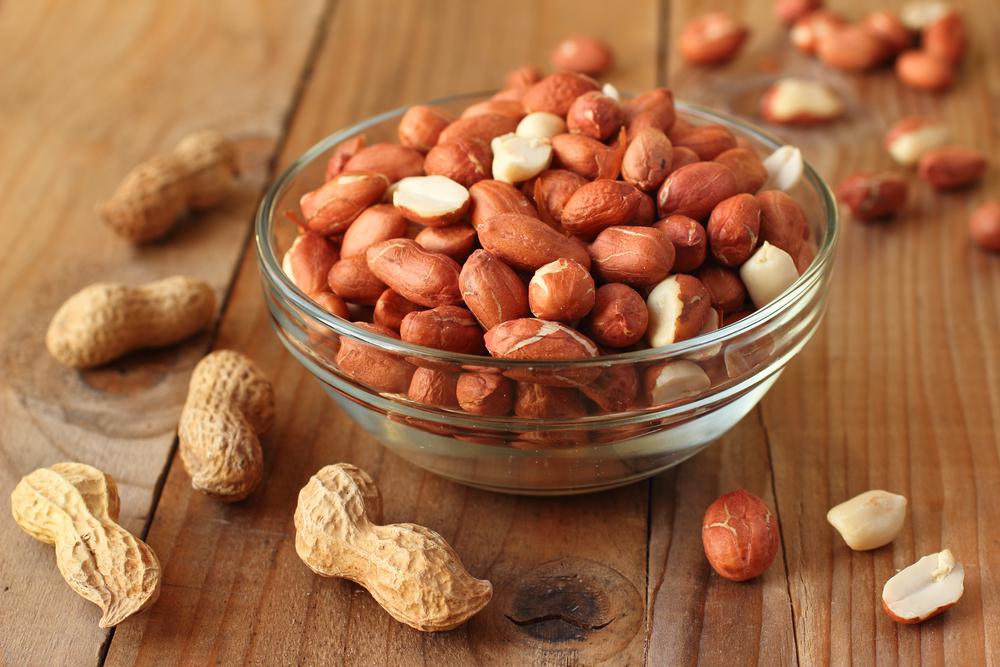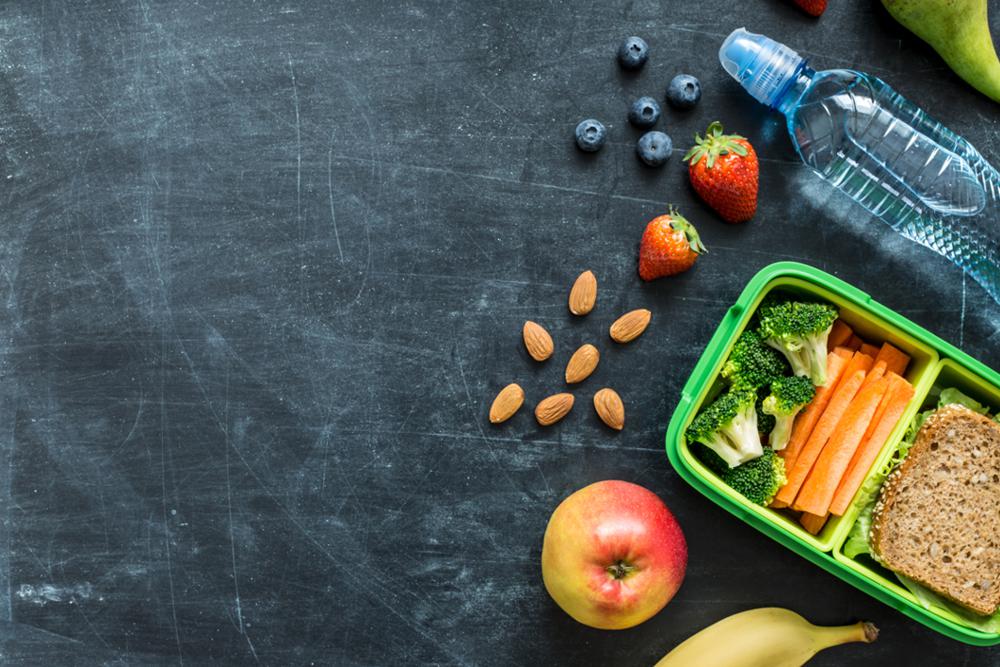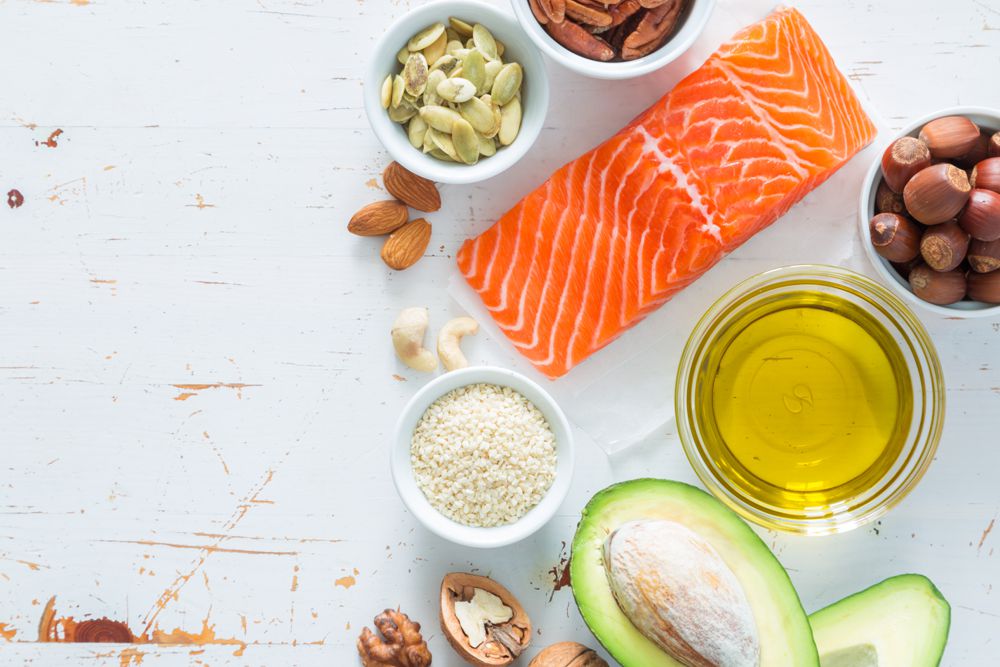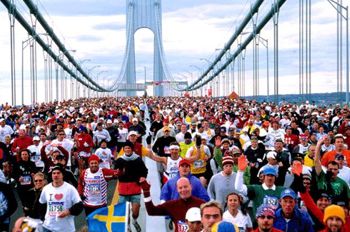 Marathons the last two decades are very succesfull. More and more people are participating either for athletic purposes either for a cause.
Marathons the last two decades are very succesfull. More and more people are participating either for athletic purposes either for a cause.
Let’s start with the bad news though. For those who believe running makes you healthier there are some rather depressing recent statistics. Last year Ryan Shay, aged 28, running in the US Men’s Olympic Trials in Central Park was the first world class marathon runner to die of a heart attack while competing. One day later Mathew Hardy, 50, died of a heart attack just after finishing the New York City Marathon. A month earlier Chad Schieber, 35, died in the Chicago Marathon although he’d previously been diagnosed with a heart defect.
Then of course, back in 1984, there was the case of Jim Fixx, who is largely accredited with popularizing running with his 1977 book ‘The Complete Book of Running’, who died of a heart attack aged 54 while running near his home in Vermont.Enough to make you hang up your running shoes? Then what about Bhai Fauja Singh? Nicknamed the ‘turbaned tornado’, born in the Punjab in 1911 and now living in East London, he’s 100 years old, a life-long vegetarian who avoids alcohol, fried foods and smoking and weighs only 52 kg and is not only running in international marathons, but consistently winning them in his age group. And he didn’t even start serious competitive running until in his 80s! Kind of contradictory, no?
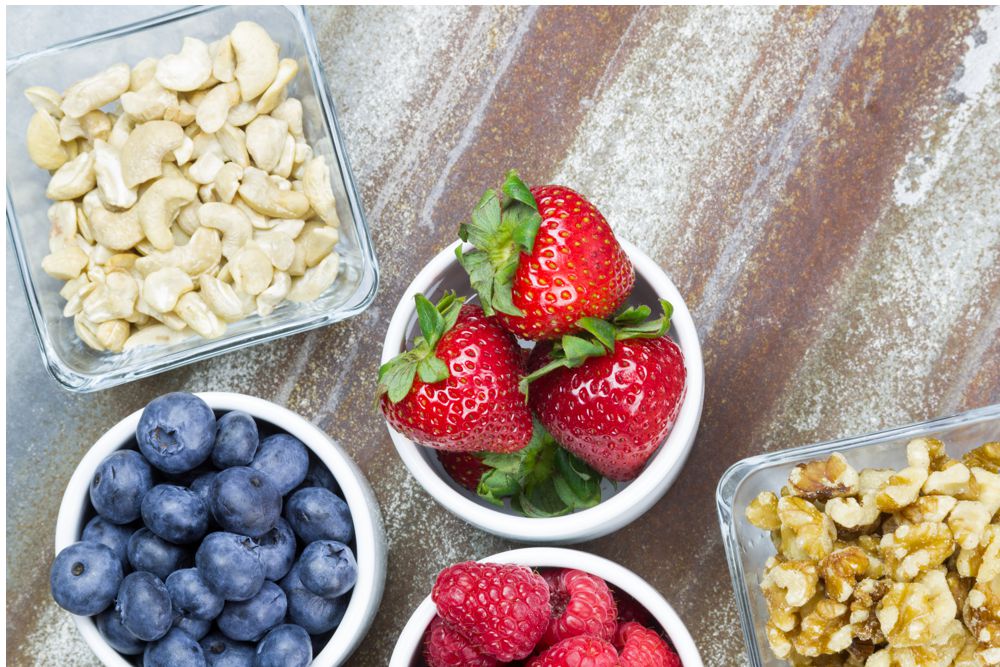



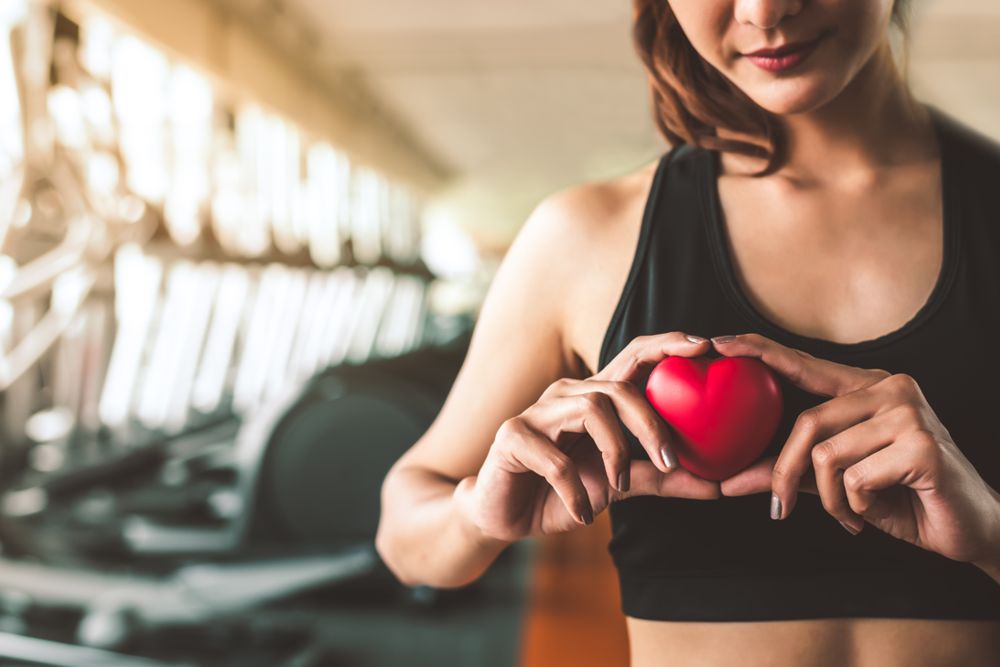
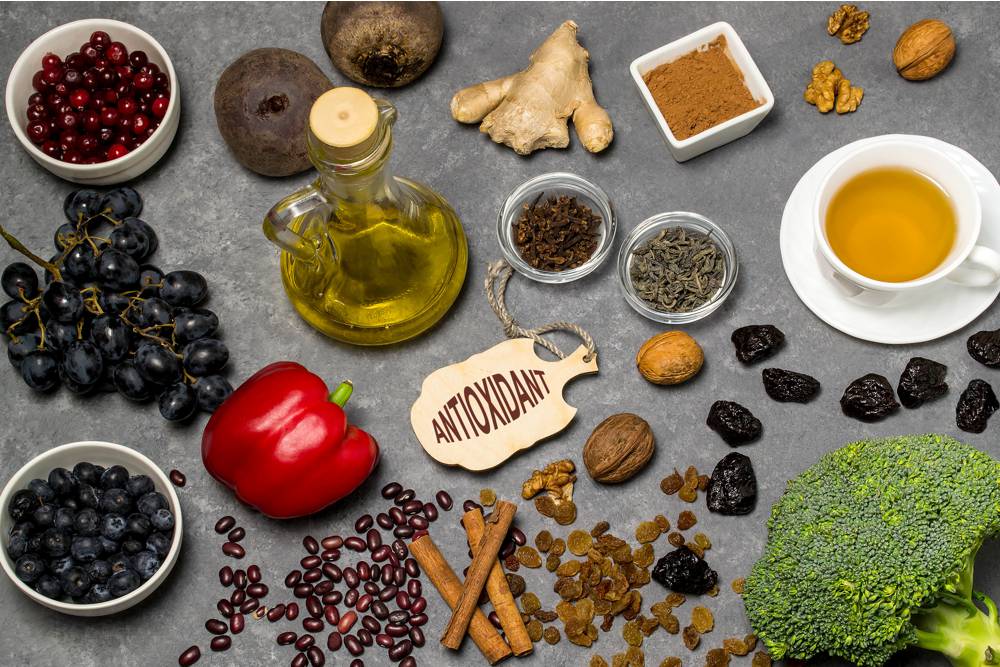



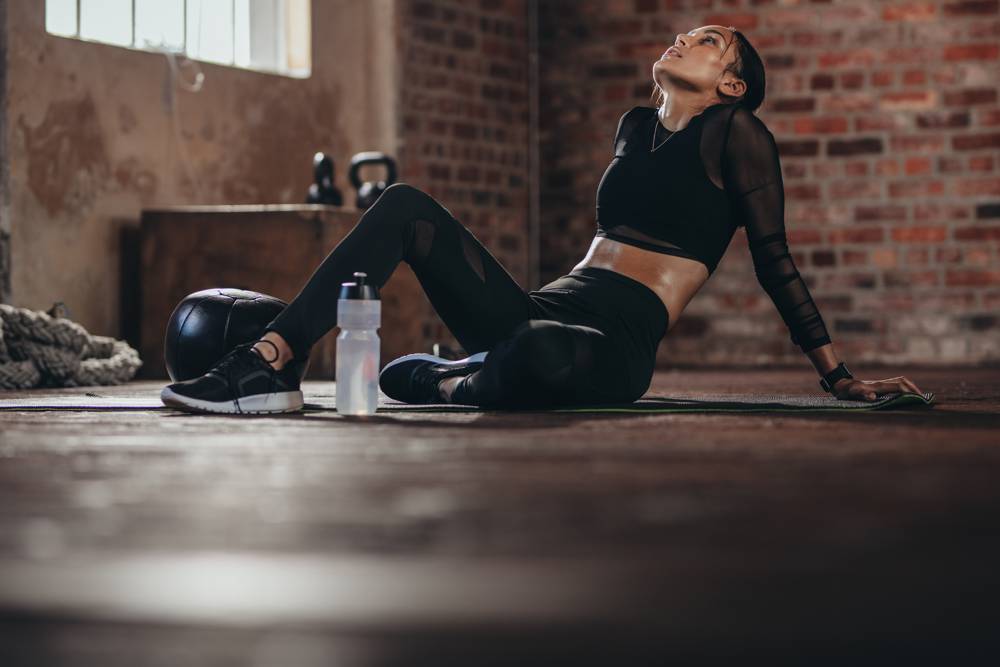


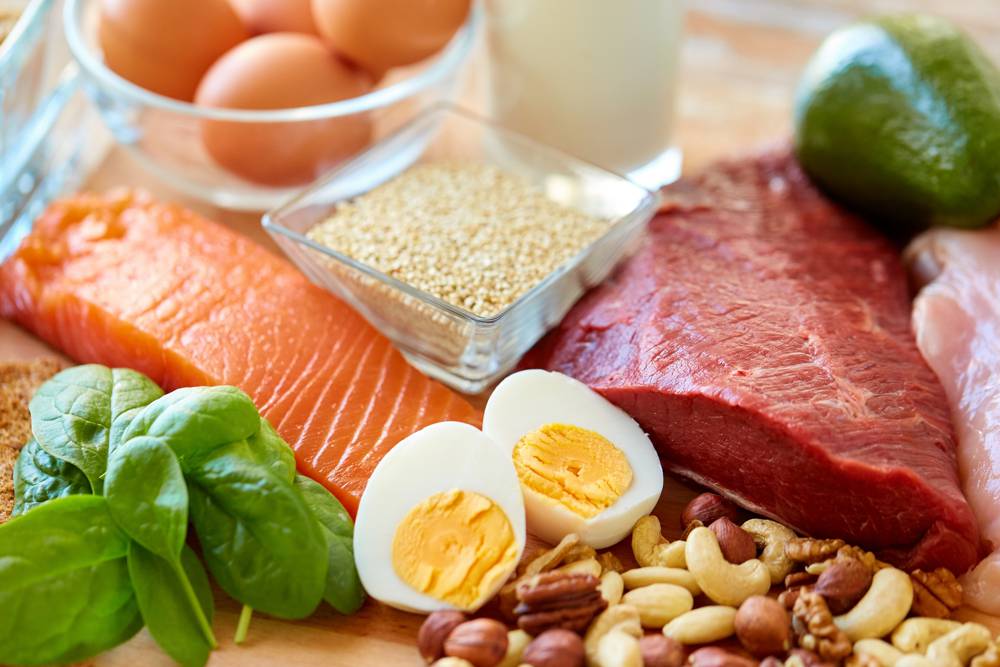


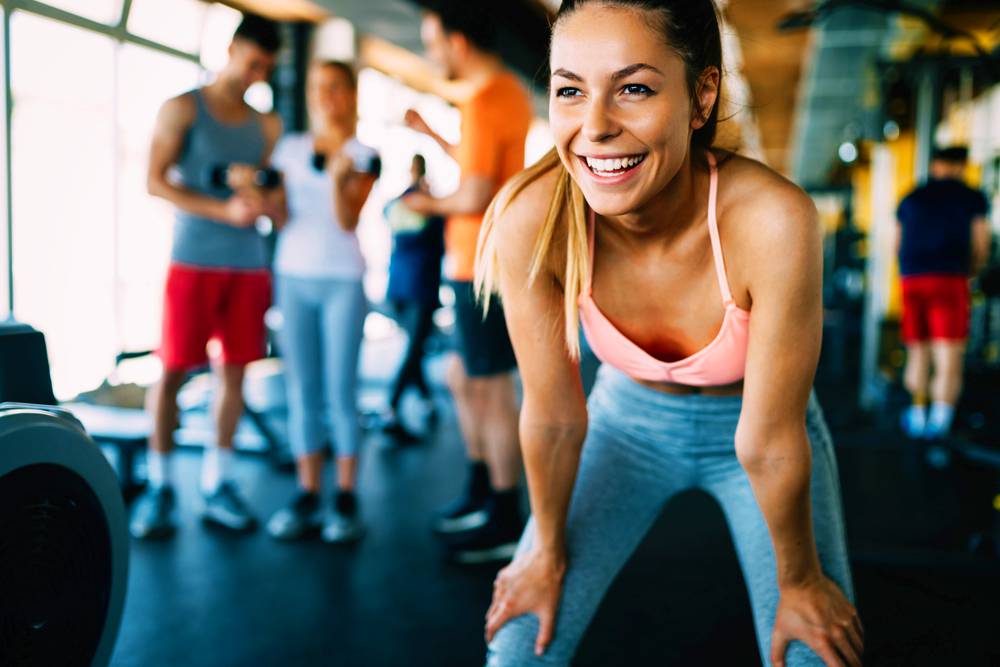


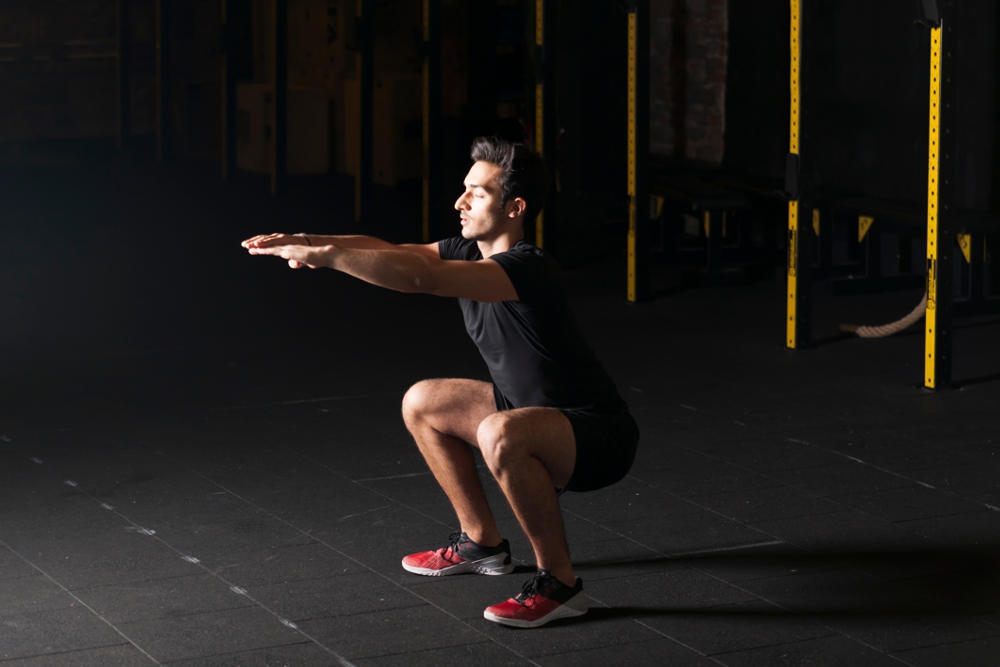

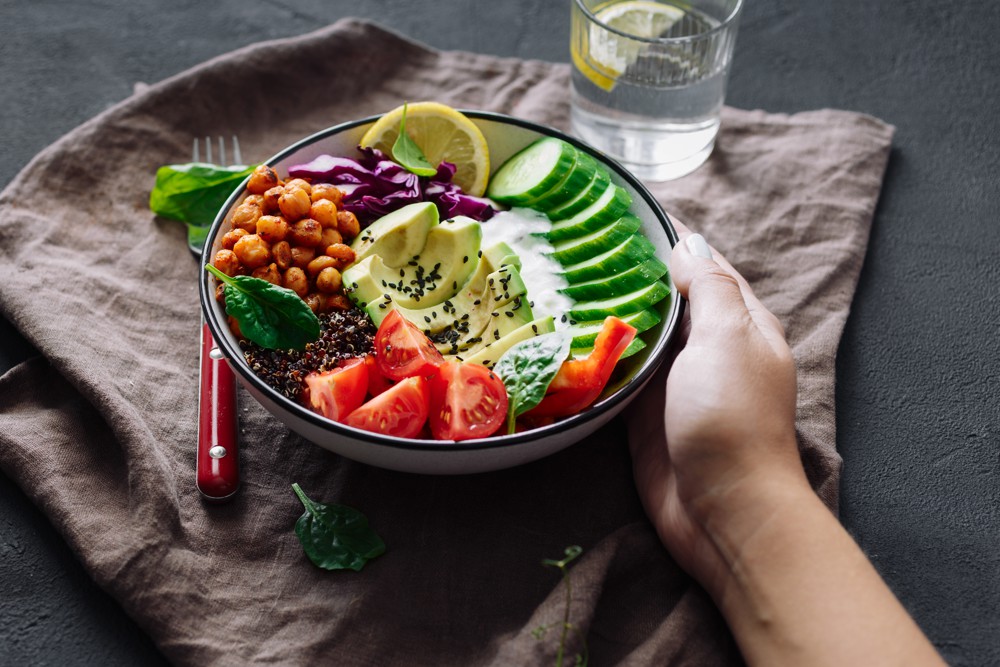

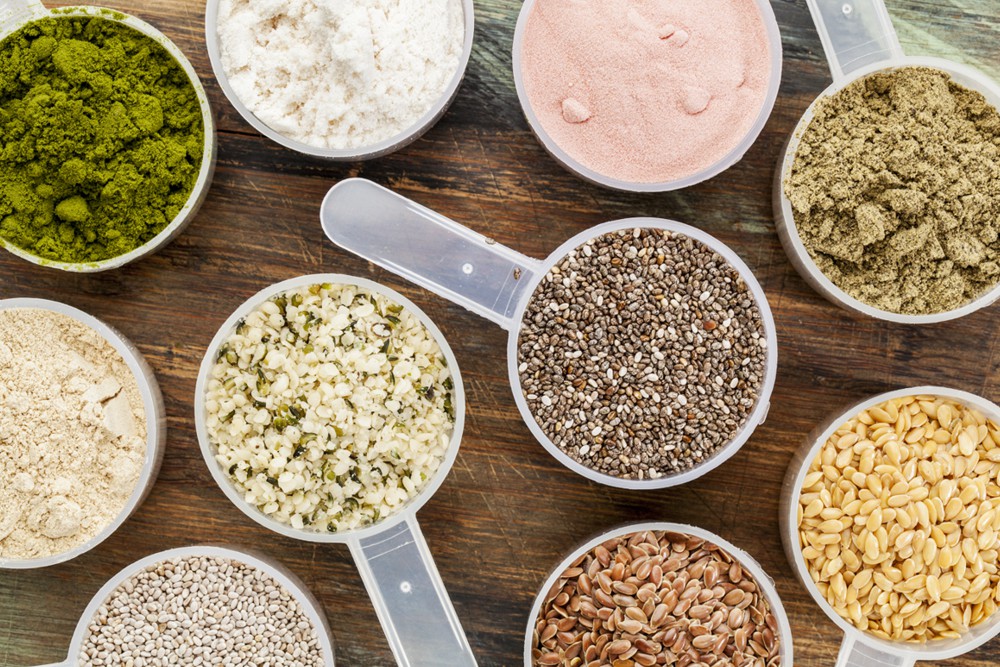


 Although it is unlikely to have much effect on the Greek debt crisis, eating Greek yogurt has many benefits for those interested in improving their general health and fitness.
Although it is unlikely to have much effect on the Greek debt crisis, eating Greek yogurt has many benefits for those interested in improving their general health and fitness. If you are serious about developing your physical stregth, whether by competitive running, personal training, pumping iron in the gym, or even just doing yoga you’ll know there’s a whole lot more than seven potential ways in which your body can not only protest but cause some serious troubles. Whatever your genetic strengths or weaknesses, learning to listen and respond to your body’s initial warning signs makes all the difference between a short or long recovery time and is crucial if you want to keep doing what you do well. On this article the focus is on some of the most common injuries affecting competitive runners, but the information applies to most physical workouts and regimes.
If you are serious about developing your physical stregth, whether by competitive running, personal training, pumping iron in the gym, or even just doing yoga you’ll know there’s a whole lot more than seven potential ways in which your body can not only protest but cause some serious troubles. Whatever your genetic strengths or weaknesses, learning to listen and respond to your body’s initial warning signs makes all the difference between a short or long recovery time and is crucial if you want to keep doing what you do well. On this article the focus is on some of the most common injuries affecting competitive runners, but the information applies to most physical workouts and regimes. Marathons the last two decades are very succesfull. More and more people are participating either for athletic purposes either for a cause.
Marathons the last two decades are very succesfull. More and more people are participating either for athletic purposes either for a cause. When taking up an exercise such as jogging, more serious running or just about any physical activity that pushes your body beyond its comfort zone, you’ll need an appropriate pre and post exercise warm up and wind-down routine if you want to avoid injuries. In addition to this you should always remember to avoid eating at least one hour before you exercise.
When taking up an exercise such as jogging, more serious running or just about any physical activity that pushes your body beyond its comfort zone, you’ll need an appropriate pre and post exercise warm up and wind-down routine if you want to avoid injuries. In addition to this you should always remember to avoid eating at least one hour before you exercise.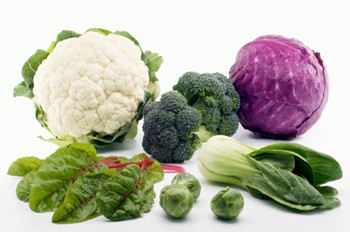 While all vegetables are basically good for your health some are better than others. Cruciferous veggies are special due to their chemical composition which includes sulphurous compounds which give then their pungent flavour. When broken down by either chewing or chopping these sulphurous compounds are converted into isothiocyanates (ITCs) which can prevent and help fight cancer as well as boosting the immune system. Cruciferous veggies also contain antiviral/bacterial agents that can help keep you disease free.
While all vegetables are basically good for your health some are better than others. Cruciferous veggies are special due to their chemical composition which includes sulphurous compounds which give then their pungent flavour. When broken down by either chewing or chopping these sulphurous compounds are converted into isothiocyanates (ITCs) which can prevent and help fight cancer as well as boosting the immune system. Cruciferous veggies also contain antiviral/bacterial agents that can help keep you disease free.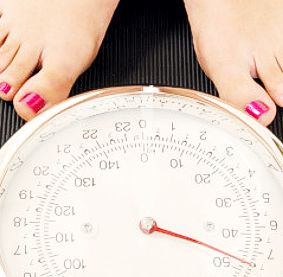 “Why am I not losing weight even though I’m training more?”
“Why am I not losing weight even though I’m training more?” So, while it may not look or feel like spring outside, it’s spring! The end of Spring when Summer should be teasing us. Bringing all the fun things you’d associate – holiday weekends, barbecues, weddings, evenings drinking outside….. all of which add up to bad news for your clean eating and training regime. We are all human though and the odd blow out is not going to have hugely detrimental effects to your overall goal if it is exactly that – occasional. If you eat cleanly and exercise regularly, nothing wrong with treating yourself every now and again. What is wrong though is allowing what should be a cheat “meal” to become a full –on blow out. So you have a glass of wine and a dessert at lunchtime…. This does not give you licence to finish the rest of the bottle over the course of the afternoon and then have a takeaway pizza for dinner and raid the biscuit tin for a midnight snack. Do not let treats become pig outs!
So, while it may not look or feel like spring outside, it’s spring! The end of Spring when Summer should be teasing us. Bringing all the fun things you’d associate – holiday weekends, barbecues, weddings, evenings drinking outside….. all of which add up to bad news for your clean eating and training regime. We are all human though and the odd blow out is not going to have hugely detrimental effects to your overall goal if it is exactly that – occasional. If you eat cleanly and exercise regularly, nothing wrong with treating yourself every now and again. What is wrong though is allowing what should be a cheat “meal” to become a full –on blow out. So you have a glass of wine and a dessert at lunchtime…. This does not give you licence to finish the rest of the bottle over the course of the afternoon and then have a takeaway pizza for dinner and raid the biscuit tin for a midnight snack. Do not let treats become pig outs!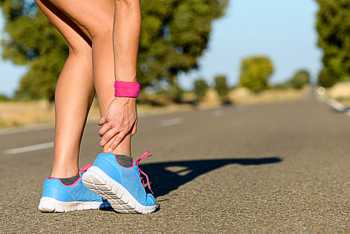 Tendon trouble and injuries is common amongst those who push their physical limits especially weight lifters. Shoulders are one of the more vulnerable areas of the body; however, anyone involved in strenuous exercise, workouts and sports is liable to strain or damage their tendons. Taking anti-inflammatory drugs such as ibuprofen, advil and aspirin is only a short- term solution and if used extensively can lead to other health problems particularly of the digestive system.
Tendon trouble and injuries is common amongst those who push their physical limits especially weight lifters. Shoulders are one of the more vulnerable areas of the body; however, anyone involved in strenuous exercise, workouts and sports is liable to strain or damage their tendons. Taking anti-inflammatory drugs such as ibuprofen, advil and aspirin is only a short- term solution and if used extensively can lead to other health problems particularly of the digestive system.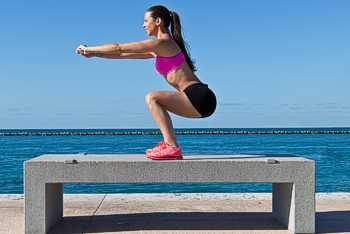 The squat is the most simple but most technical move at the same time. Adults seem to have trouble most of the time as their lifestyle or job has caused some kind of muscular imbalance forcing them to move in a different way. From the picture below you can see the lady squatting with her shoulders rounding and the torso has fallen forward.
The squat is the most simple but most technical move at the same time. Adults seem to have trouble most of the time as their lifestyle or job has caused some kind of muscular imbalance forcing them to move in a different way. From the picture below you can see the lady squatting with her shoulders rounding and the torso has fallen forward.